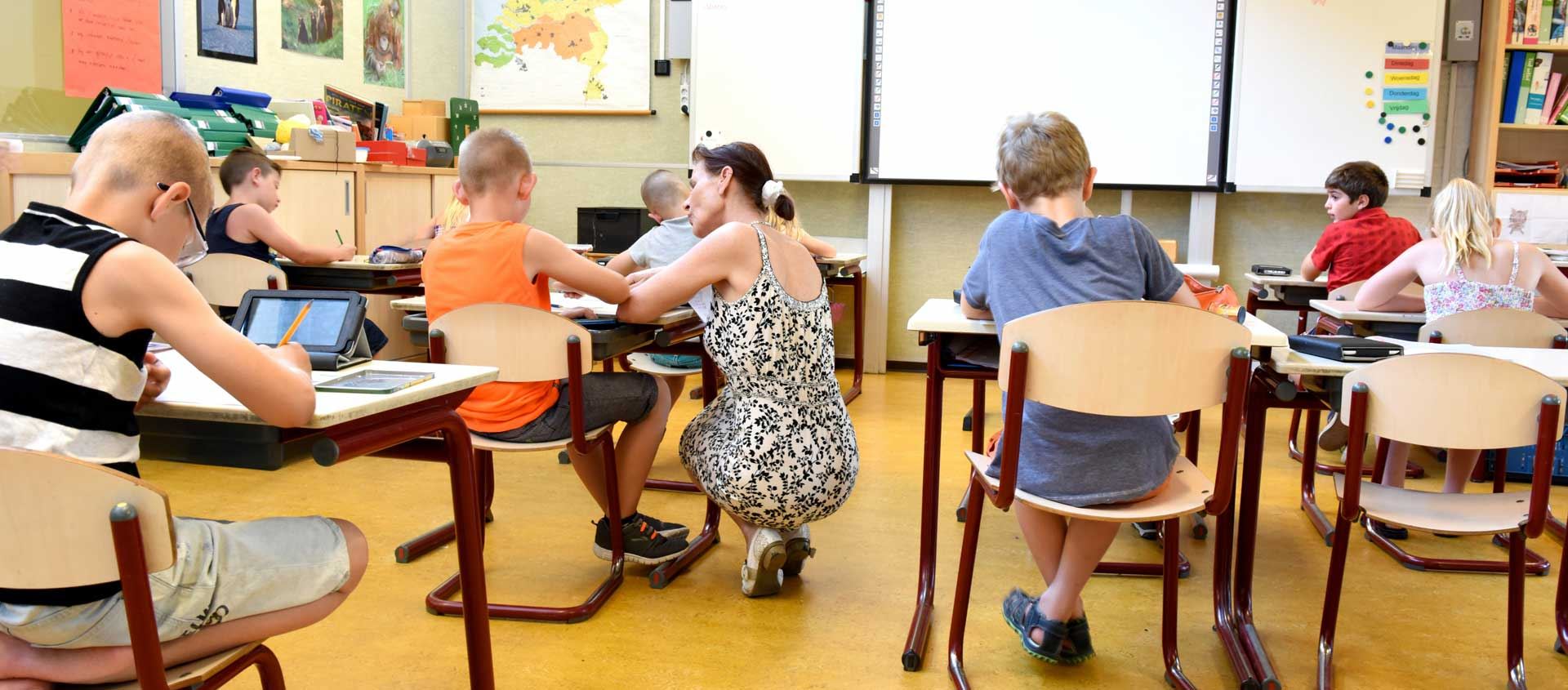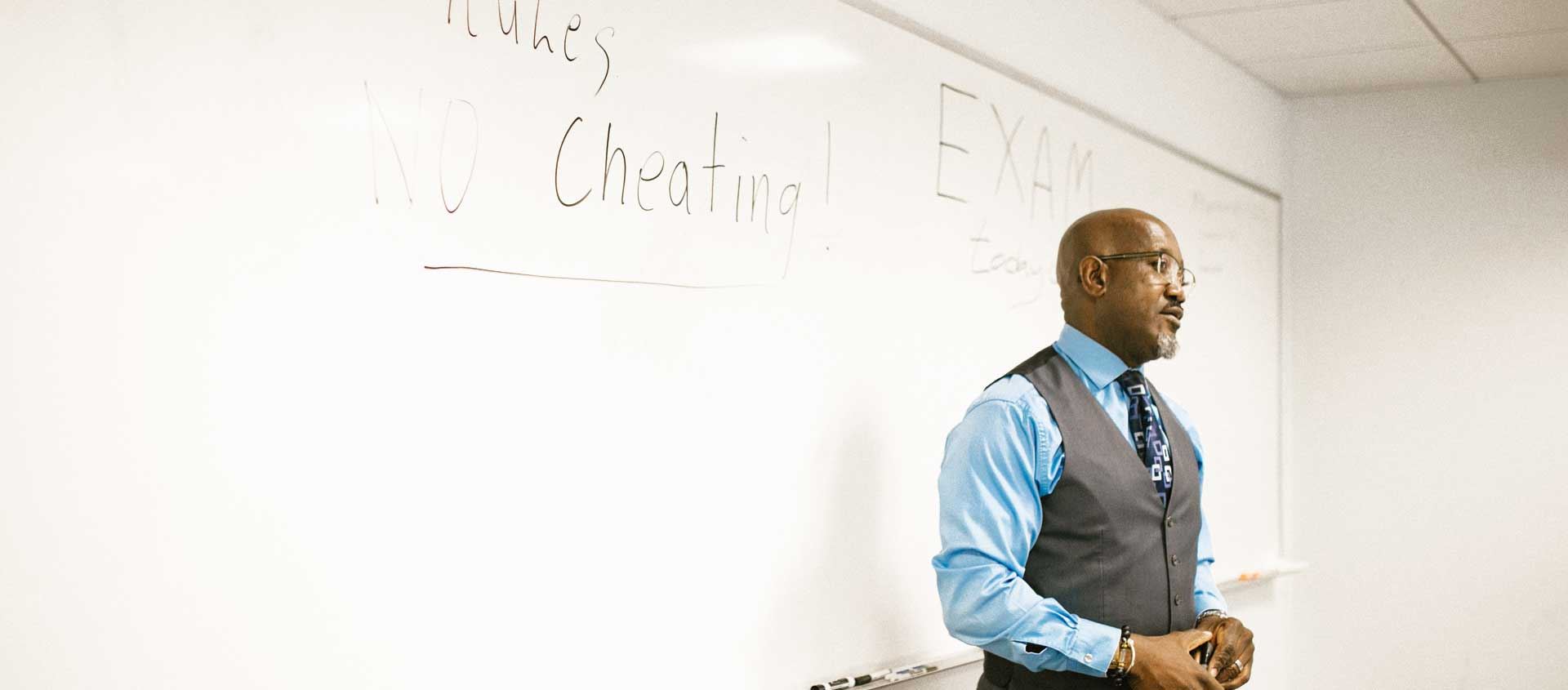How To: Understanding School Discipline

Navigating school can be hard for children with disabilities or mental health concerns. From understanding class rules to checking impulses, making it through the school day can be difficult. When kids can’t meet expectations, they may be referred for school discipline. Some common forms of school discipline include:
This guide discusses the supports children sometimes receive to help manage or change behavior and what happens when students with disabilities are disciplined in ways that remove them from school. | What is "disability-based behavior?"“Disability-based behaviors” are any behaviors that:
According to Section 504 of the Rehabilitation Act and the Individuals with Disabilities in Education Act (IDEA), public schools must provide support for students with disability-based behaviors. Keep in mind that while students with disabilities or mental health concerns are not immune to school discipline, there are legal protections for disability-based behaviors. These protections prevent discrimination and ensure that students receive a free and appropriate education (FAPE). |
What is an "intervention?"Interventions are ways that teachers and support staff help children to learn and grow. Teachers use evidence-based interventions, which means that there is research to prove that the intervention helps children. Teachers and other school professionals use many types of interventions. Some examples include using a consistent classroom routine, offering praise and rewards, using checklists or daily report cards or modeling. |
In some cases, student behavior can become so challenging or disruptive that the student faces school removal. Disciplinary removals may include:
There are protections for students with IEPs and 504 plans when this happens. Before a school can complete a school removal for more than 10 days, they must complete a manifestation determination review. Manifestation Determination Review (MDR)When a student with a disability is faced with a suspension of more than 10 days or an expulsion, the school must complete a manifestation determination review. During this review, the school looks at whether the student’s behavior is directly related to their disability. Outcome: Behavior IS Related to DisabilityThe school is blocked from suspending or expelling the student. The school team then completes an assessment to decide whether the current supports and placement are still appropriate. Outcome: Behavior IS NOT Related to DisabilityThe school may discipline the student in the same way other students without disabilities are disciplined. Families can appeal this decision by following procedural safeguards. | What is a "significant change in placement?"The U.S. Department of Education defines a “significant change in placement” as either:
In either case, accurate documentation must prove that the student has missed (or will miss) more than 10 days of school. |

